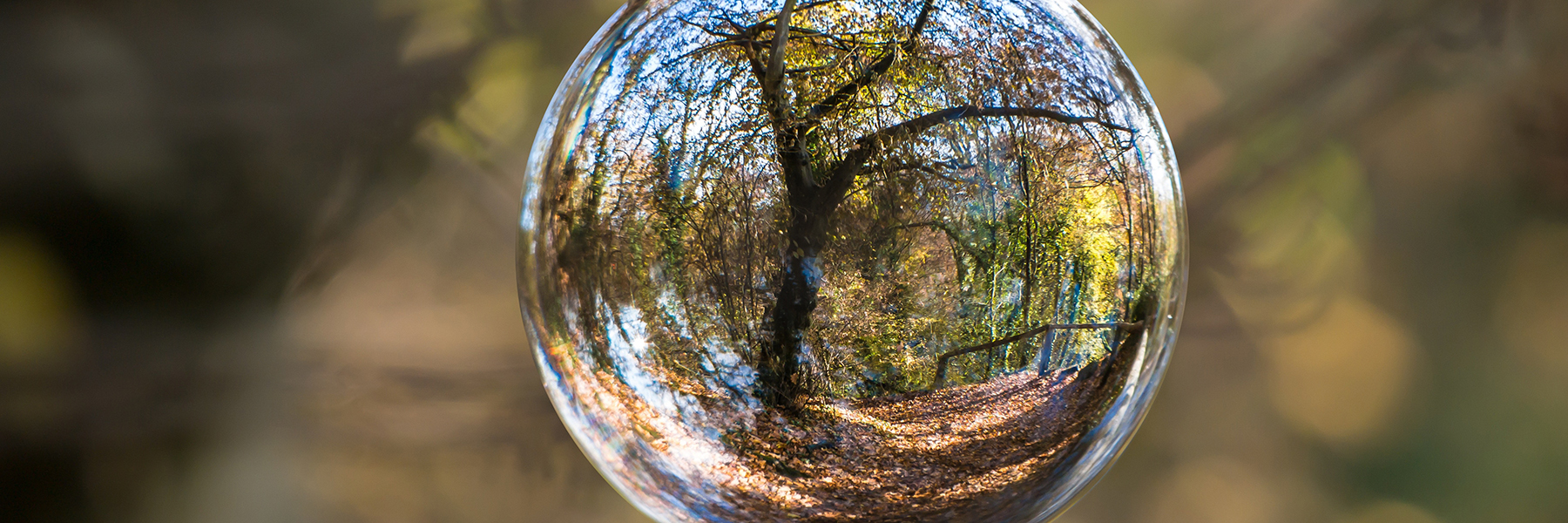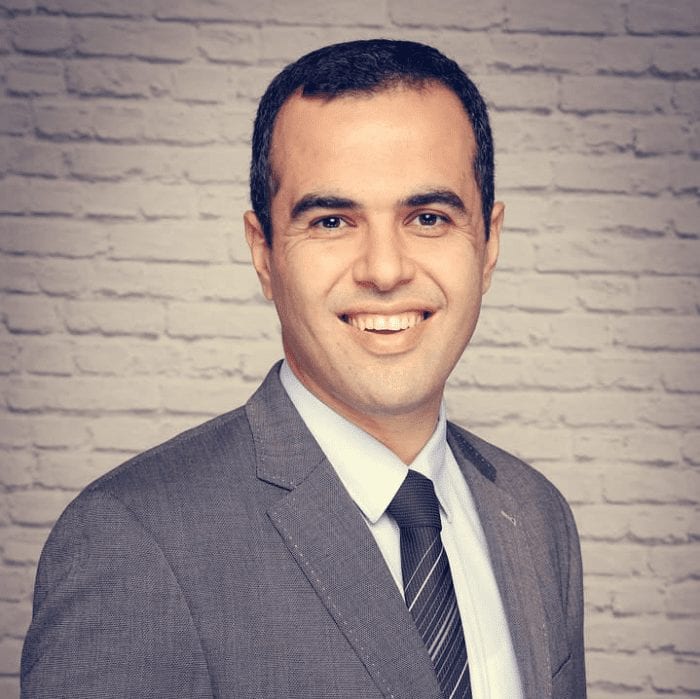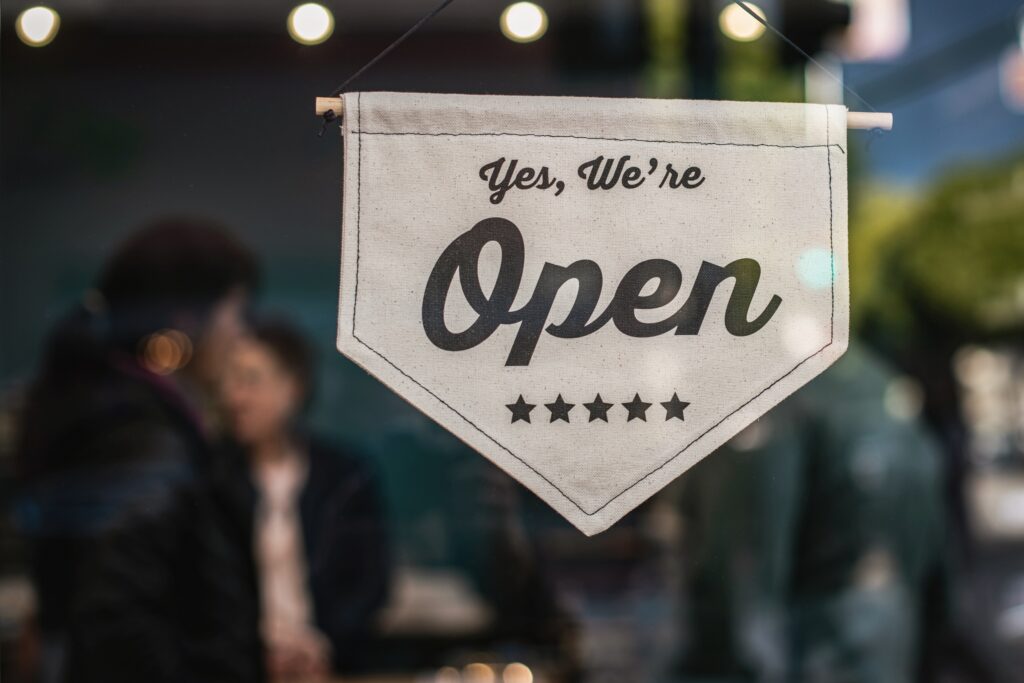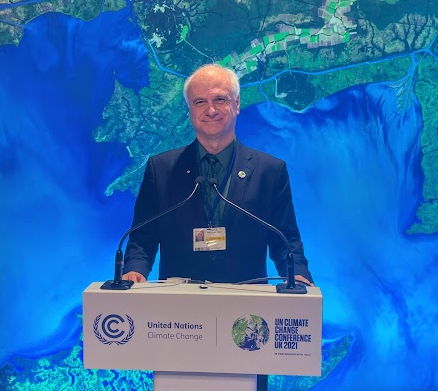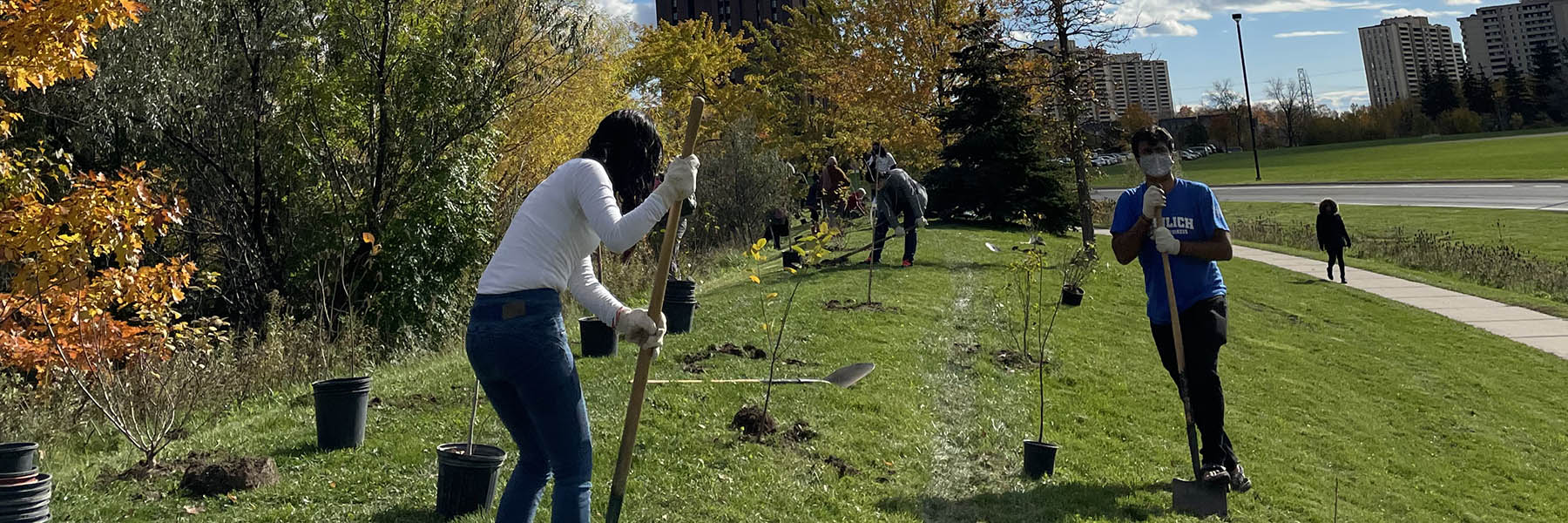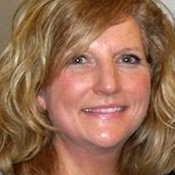Faculty and instructors across York University are finding innovative ways to bring the United Nations 17 Sustainable Development Goals (SDGs) into their courses. Between Monday, Feb. 21 and Friday, March 4, they will have an opportunity to showcase this work during the fourth annual SDG Teach In.
A key part of the University Academic Plan 2020-2025, the SDGs focus on a call for action and recognize that ending poverty and hunger must go together with strategies that improve health and education, reduce inequality, and spur economic growth – all while tackling climate change and working to preserve the oceans and forests.
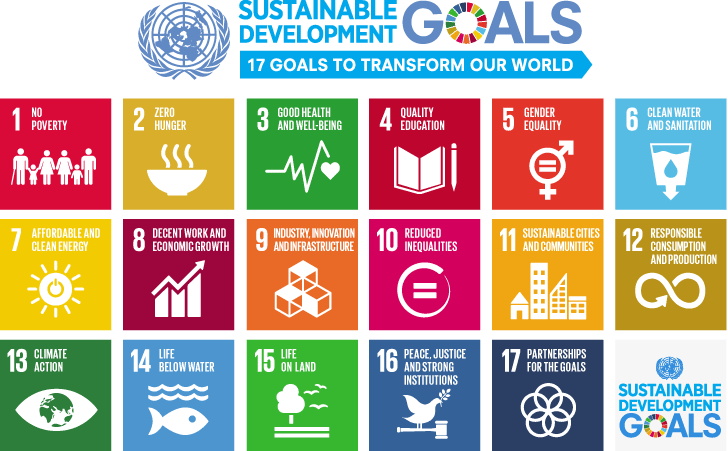
The SDG Teach In is an annual campaign delivered by Students for Sustainability (SOS-UK), an organization based in the United Kingdom. The international campaign calls on educators across all disciplines and levels of education to pledge to include the SDGs in their teaching and learning throughout the two-week period through case studies, debate, discussion, group work or simulations relating to topics included within the goals. The 2021 campaign saw nearly 500 educators from around the world reach 50,000 students through teaching and discussion around the SDGs.
To that end, the SDGs-in-the-Classroom Community of Practice and Provostial Fellow Cheryl van Daalen-Smith, associate professor, School of Nursing in the Faculty of Health, and associate professor, School of Gender, Sexuality and Women’s Studies/Children, Childhood & Youth Studies Program in the Faculty of Liberal Arts & Professional Studies, are calling on all educators at York University to pledge to incorporate the SDGs into their teaching, learning and assessment throughout the Teach In, and share the pledge with their colleagues.
To add some friendly competition, SOS-UK, will be releasing weekly updates with a leaderboard of institutions with the highest number of educators who have pledged to take part in the Teach In and the highest percentage of students involved.
The Teach In aims to:
- Raise awareness of the importance of sustainable development.
- Catalyze curriculum reform and test new ideas.
- Embed sustainability and social responsibility across all learning.
- Prepare students with the knowledge, skills, and attributes to tackle the world’s greatest challenges.
- Link teaching, learning, and assessment to local and global concerns.
Interested? Intrigued? Email York University Provostial Fellow Cheryl van Daalen-Smith to find out, or if you are ready, pledge here.


